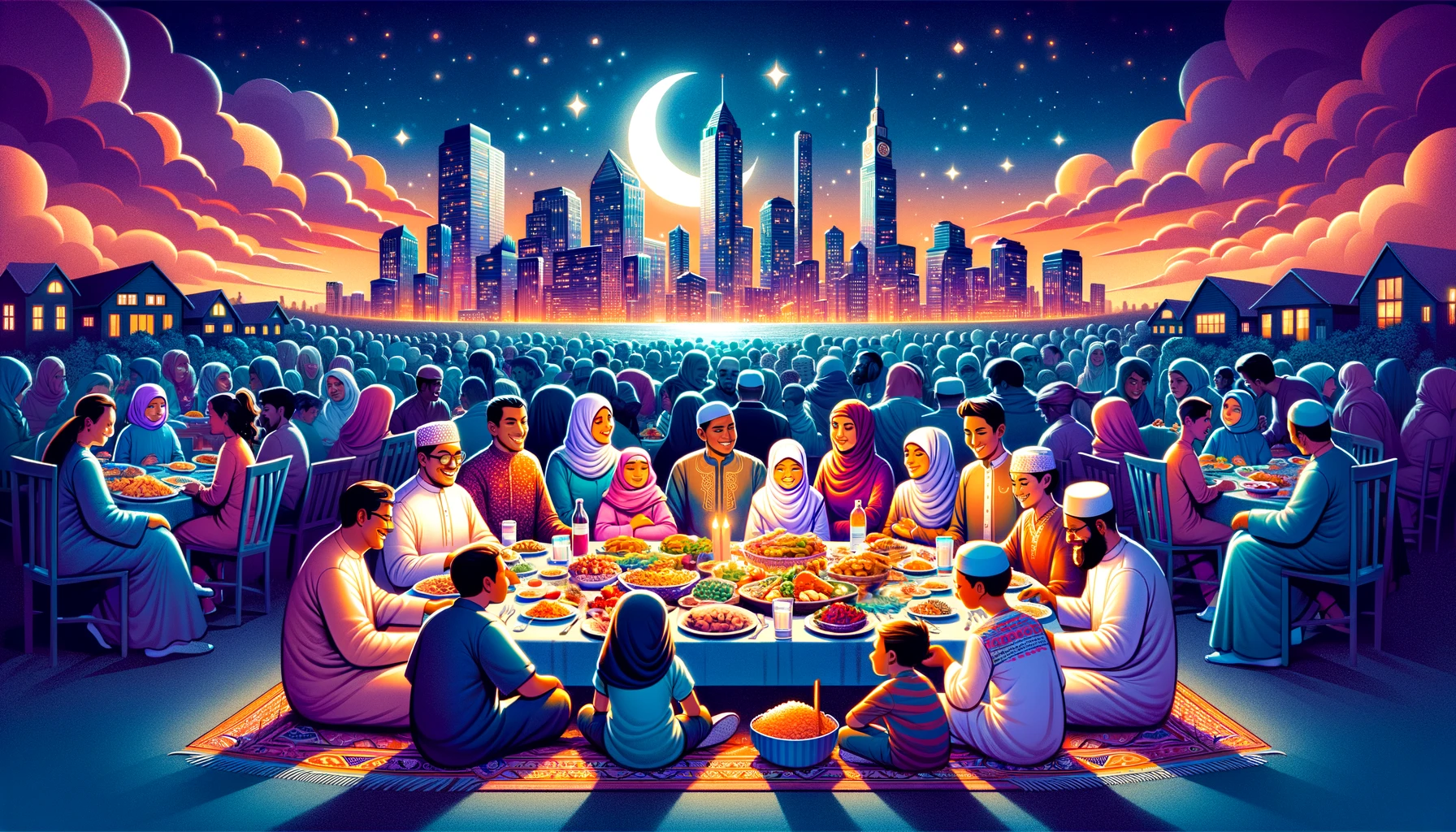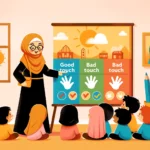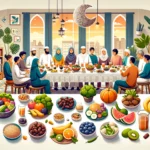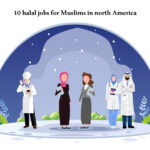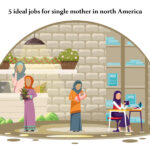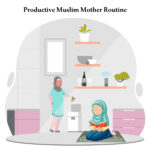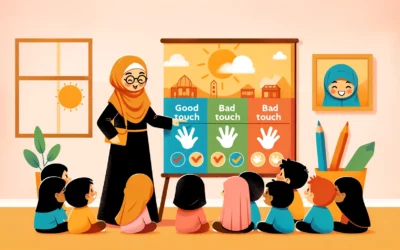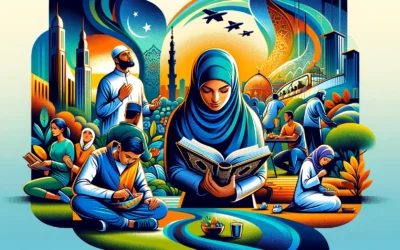Introduction
Observing Ramadan in North America presents a unique blend of challenges and opportunities for the Muslim community. This period of fasting, prayer, and reflection, while deeply rooted in Islamic tradition, takes on a distinct character when practiced in the culturally diverse and secular landscape of North America. This article delves into how Muslims navigate the complexities of cultural integration and tradition maintenance during Ramadan, shedding light on the broader implications for multicultural understanding and coexistence.
Understanding Ramadan in North America
Ramadan in North America is not just a period of abstaining from food and drink from dawn until sunset; it is an opportunity for Muslims to deepen their faith, discipline, and sense of community. However, the North American context, with its fast-paced lifestyle and diverse cultural norms, poses unique challenges to these traditional practices.
Challenges of Observing Ramadan
Navigating Cultural Differences
One of the most significant challenges Muslims face during Ramadan in North America is the need to navigate cultural differences. In societies where Muslims are a minority, the lack of widespread recognition of Ramadan can make observing the fast and participating in nightly prayers (Taraweeh) more challenging. For instance, workplace norms and school schedules may not accommodate breaking the fast (Iftar) or the pre-dawn meal (Suhoor), requiring Muslims to find creative solutions. All three Ashras of Ramadan are important and so need the full attention as per requirement.
Maintaining Traditions in a Diverse Environment
Another challenge is maintaining Islamic traditions within North America’s multicultural fabric. Ensuring that children and young adults feel connected to their faith, while also engaging with their non-Muslim peers, requires a delicate balance. Muslim families and communities strive to keep the spirit of Ramadan alive through various activities and gatherings, yet they often have to contend with the secular and commercial aspects of the surrounding culture.
Opportunities Amidst Challenges
Despite these challenges, Ramadan in North America also offers unique opportunities for the Muslim community.
Fostering Community and Solidarity
One of the most beautiful aspects of observing Ramadan in such a diverse setting is the opportunity it presents for fostering a sense of community and solidarity. Mosques and Islamic centers become hubs of activity, welcoming Muslims from various backgrounds to break their fast together and engage in communal prayers. This unity in diversity highlights the inclusive spirit of Ramadan.
Interfaith Dialogue and Cultural Exchange
Ramadan in North America also opens doors for interfaith dialogue and cultural exchange. Many Muslim communities host open iftars and invite people of other faiths to participate, providing a platform for education about Islam and dispelling myths. Such events promote mutual understanding and respect among the diverse populations of North America.
Strategies for Embracing Ramadan
To fully embrace Ramadan in North America, Muslims employ various strategies to overcome challenges and make the most of the opportunities.
Creative Solutions for Cultural Integration
Muslims in North America often develop creative solutions for integrating Ramadan practices with their daily routines. This includes negotiating flexible work or school schedules and using technology to stay connected with the global Muslim community. Social media and mobile apps play a significant role in providing prayer times, Quranic recitations, and platforms for sharing experiences.
Educational Outreach
Educational outreach is another critical strategy. By engaging in dialogues with educational institutions, workplaces, and the broader community, Muslims can raise awareness about Ramadan and its significance, fostering a more accommodating environment.
- Cultural integration during Ramadan: it emphasizes the process of blending Islamic traditions with the broader North American culture, ensuring that Muslims can fully participate in Ramadan observances while respecting the diverse societal norms.
- Maintaining Ramadan traditions: Highlighting the importance of preserving religious practices and values amidst the secular influences of North American society, this keyword speaks to the efforts made by the Muslim community to keep the essence of Ramadan alive.
- Ramadan community events: These gatherings, whether they be iftars or educational programs, play a vital role in strengthening the bonds among Muslims and between Muslims and the wider community, showcasing the inclusive nature of Ramadan celebrations.
Conclusion
Ramadan in North America embodies a journey of faith, resilience, and community. Despite the hurdles of cultural differences and the challenge of maintaining traditions, it presents an invaluable opportunity for growth, dialogue, and unity. By embracing both the challenges and opportunities, the Muslim community in North America not only enriches its own Ramadan experience but also contributes to the tapestry of multicultural understanding and coexistence. This observance of Ramadan serves as a beacon of hope and a testament to the power of faith to transcend cultural and geographical boundaries.



